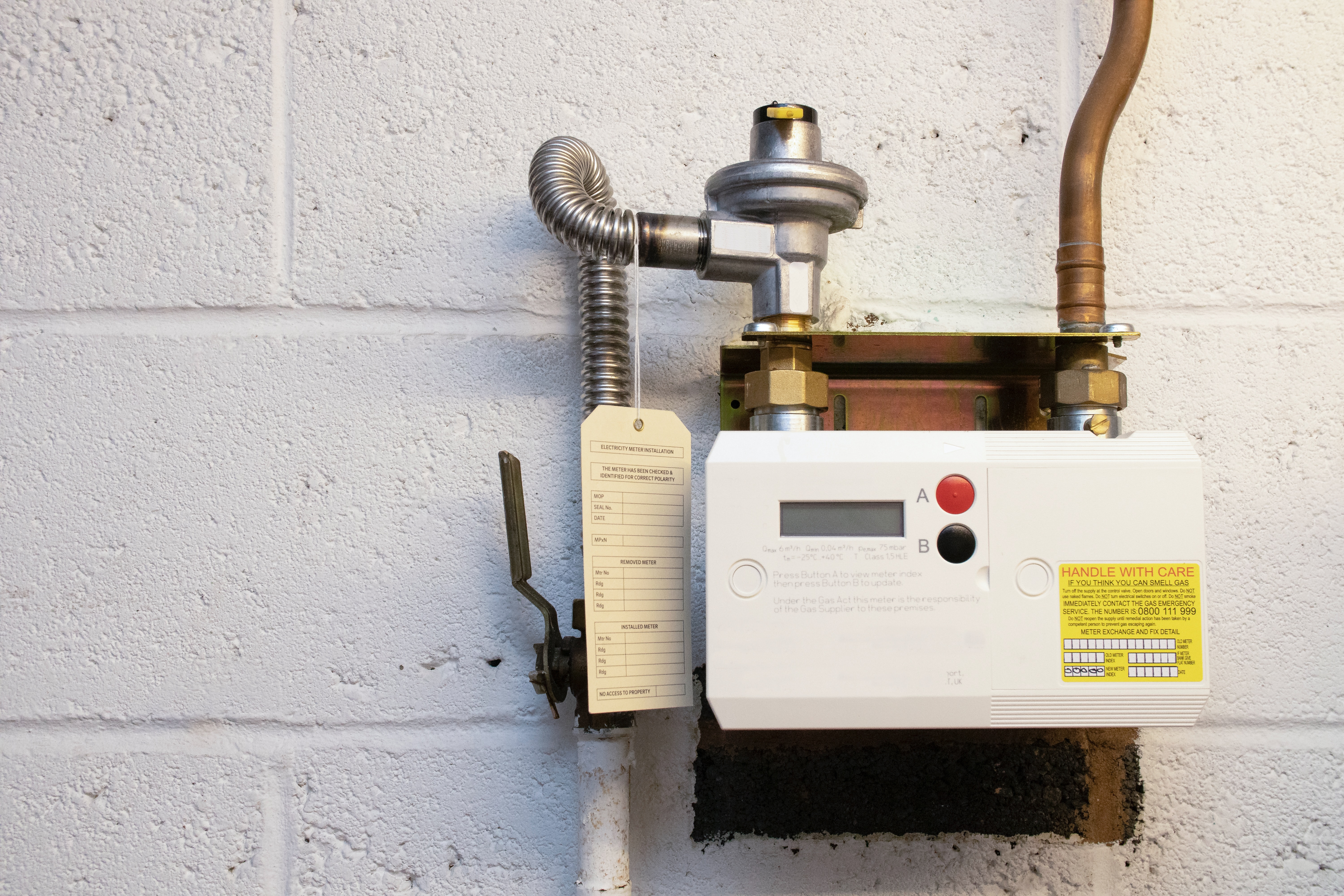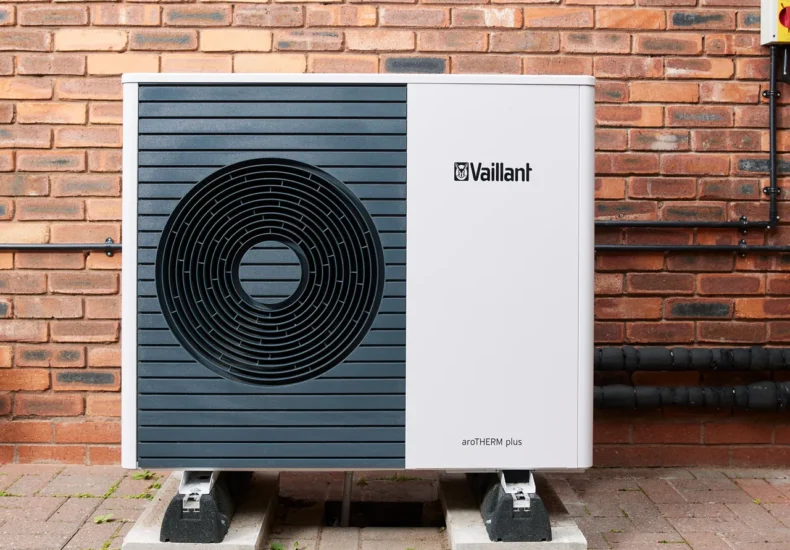
As the chilly UK winters approach, heating our homes becomes essential for our comfort and well being. However, rising gas costs can significantly impact our monthly bills. Fortunately, there are several effective strategies to reduce gas consumption and lower your energy expenses. In this article, we will explore the top four ways to reduce your gas bill while keeping your UK home warm and cosy.
1. Improve Your Home’s Insulation:
Enhancing your home’s insulation is a key step in reducing gas consumption and improving energy efficiency. By preventing heat loss, you can maintain a comfortable temperature indoors without relying heavily on your heating system. Consider the following insulation improvements:
a) Loft insulation: Insulate your loft to a depth of at least 270mm. This prevents heat from escaping through the roof and can save up to £225 per year on heating costs.
b) Wall insulation: If your home has cavity walls, consider filling them with insulation material. This can reduce heat loss and save approximately £140 per year.
c) Draught-proofing: Identify and seal any draughts around windows, doors, letterboxes, and pipes. Simple measures like using draught excluders, sealant strips, and door snakes can make a significant difference in reducing heat loss.
2. Upgrade to Energy-Efficient Heating Systems:
Investing in energy-efficient heating systems can lead to substantial long-term savings while keeping your home warm. Consider these upgrades to maximise efficiency:
a) Condensing boilers: Replace older boilers with modern condensing models. These boilers extract heat from the flue gases, resulting in higher efficiency levels and reduced gas consumption.
b) Smart thermostats: Install a smart thermostat to control and schedule your heating system more effectively. These devices allow you to set different temperatures for specific times and even control your heating remotely, optimising energy usage.
c) Radiator controls: Consider installing thermostatic radiator valves (TRVs) on individual radiators. TRVs allow you to control the temperature in each room, avoiding overheating and unnecessary gas consumption
3. Practice Energy-Saving Habits:
In addition to upgrading your heating system, adopting energy-saving habits can further reduce your gas bill. Here are some practical tips to follow:
a) Set your thermostat wisely: Lowering the temperature by just one degree Celsius can save around £80 per year. Aim for a comfortable temperature of around 18-21 degrees Celsius during the day and lower it further at night or when you’re away.
b) Make the most of natural heat: Open curtains or blinds during the day to allow sunlight in and naturally heat your home. Close them in the evening to retain the warmth.
c) Regular maintenance: Schedule annual maintenance for your heating system to ensure it operates efficiently. Clean or replace air filters regularly to maintain proper airflow and reduce energy consumption.
4. Consider Alternative Heating Sources:
Exploring alternative heating sources can be another effective way to lower your gas bill in the UK. While gas heating is common, there are other options worth considering:
a) Heat pumps: Air source or ground source heat pumps extract heat from the air or ground to provide heating. They are highly efficient and can significantly reduce your reliance on gas.
b) Biomass boilers: Biomass boilers burn organic materials, such as wood pellets or logs, to generate heat. They can be a greener and cost-effective alternative to traditional gas boilers.
Reducing your gas bill while keeping your UK home warm is achievable with the right strategies. By improving insulation, upgrading to energy-efficient systems, practicing energy-saving habits, and exploring alternative heating sources, you can lower your gas consumption and enjoy a comfortable home while saving money in the long run. Start implementing these tips today and reap the benefits of reduced energy expenses and a more sustainable lifestyle.

